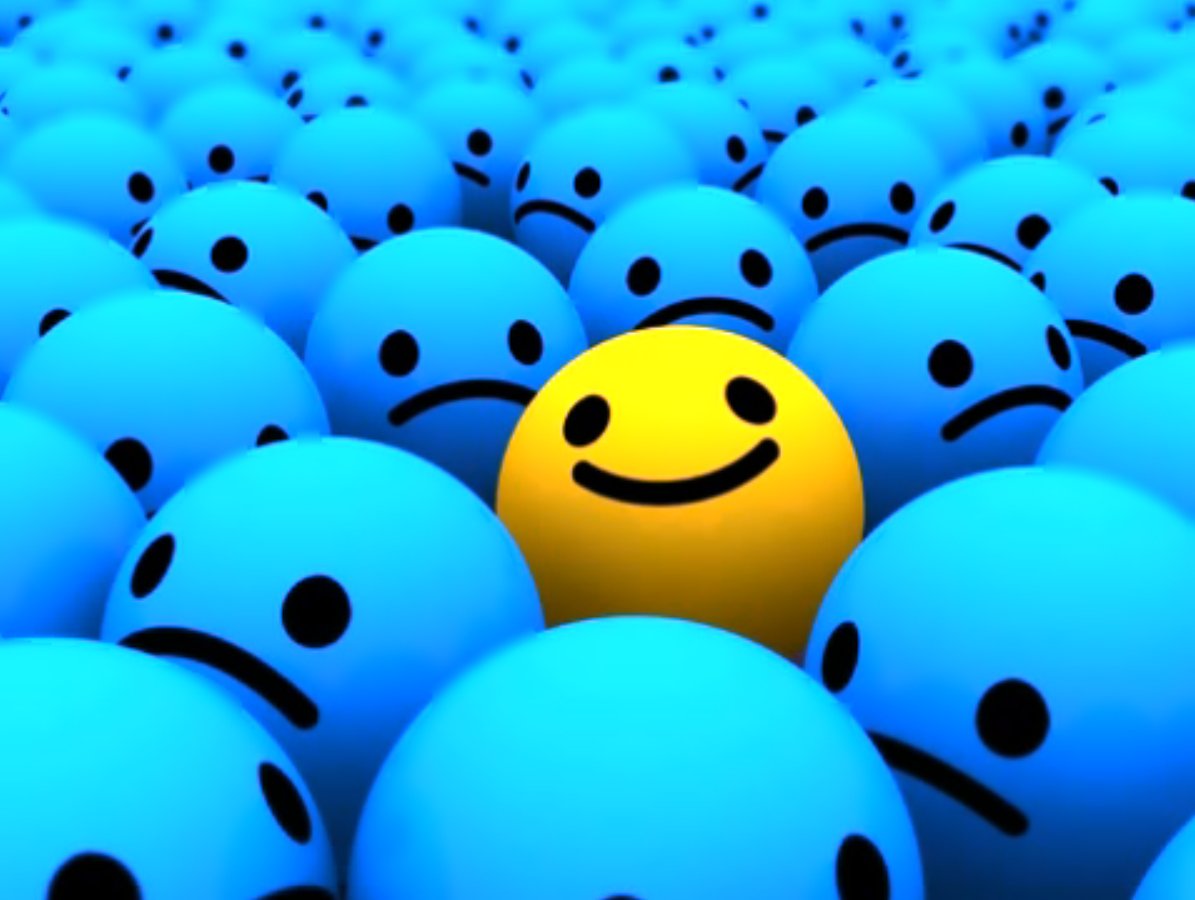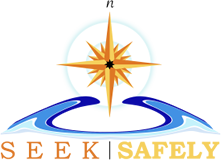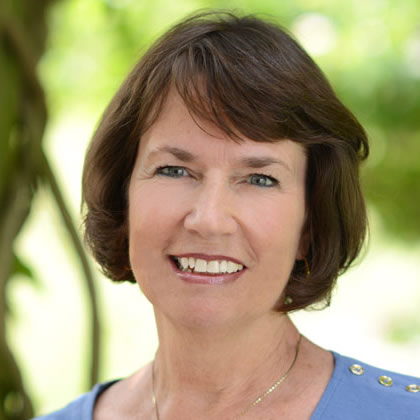
Recently, I received some feedback that our website was weak and lacked the “bite” needed to gain the attention of the public to understand the dangers in the self-help industry. From day one, we at SEEK have struggled with how to position our message in a positive way while sharing a cautionary and ultimately negative story–a self-help event that was intended to promote growth and expand life resulted in death.
What We Knew from the Beginning
- We did not want to become “witch hunters,” routing out the unprincipled scammers, making judgments on what “gurus” to avoid or which programs were rip offs. How could we make those kinds of decisions?
- We wanted to take a positive, inclusive, encouraging perspective. Seeking is a good thing, and we don’t want to criticize people for trying to improve themselves.
- Our mission is intended to be empowering, encouraging critical thinking and appropriate caution. We know each individual must assume responsibility for their own journey and choices in belief and practice, and we want to give them the tools to make good decisions.
- We also know that there are good people in the self-help industry, but that those who proclaim to be “helpers” or “healers” or “teachers” need to be honest, authentic and practice with integrity.
- We decided early on that we wanted Kirby, James and Liz’s lives to inspire people to seek personal growth opportunities, embracing the human thirst to learn, expand, be more!
However, they died doing just that. There is an undeniable negative element to our story, which is why we have taken the approach of challenging the self-help industry and its consumers. We are asking the self-help industry to practice in an ethical and safe manner to prevent the repetion of such a tragedy. And we want to educate the public that this industry is unregulated and that each person must be careful and smart, making no assumptions about the ethics of their leader or the safety of the program. There are many wonderful, inspiring teachers who practice outside of the “traditional” therapies that require licenses and have regulation and oversight. We do not want to dismiss or judge those who serve others to promote personal growth. Seeking is good. So how do we separate the good help from the harmful scams?
SEEK’s Tools
- We developed the PROMISE to be that challenge to the self-help professionals: will they be truthful, ethical, authentic? Do they keep the safety and well-being of their customers as their first priority?
- We created the EMPOWERMENT GUIDE as the challenge and tool of the consumers: arm yourself with information, have the confidence to ask questions, know your self and your limits.
- We have also developed workshops and programs–“When Help Harms: Self-help, Solution or Scam?” and the 3-session “Creating Change” workshop–to help consumers understand their vulnerabilities, and to share scientifically proven strategies for effecting true, sustainable change.
Turning Negative to Positive as a Means of Healing
Another reason I have embarked on this positive approach to our mission stems from what I told our three living children on the way to their sister’s funeral: “Do not allow your anger or your sadness to prevent you from living a rich and joyful life. If this death robs you of your joy in living then this man will have claimed another victim in our family.” No matter what tragedy, sadness, injustice or horror we experience in this life, we all have the ability to decide how to respond, not allowing that event to define who we are or how we live. We have the ability to convert a negative injustice into a positive lesson to transform others. I remember someone saying, “Our life is a gift from God. What we do with our life becomes your gift to God.” And I would add that how we chose to live becomes our gift to ourselves and others.

